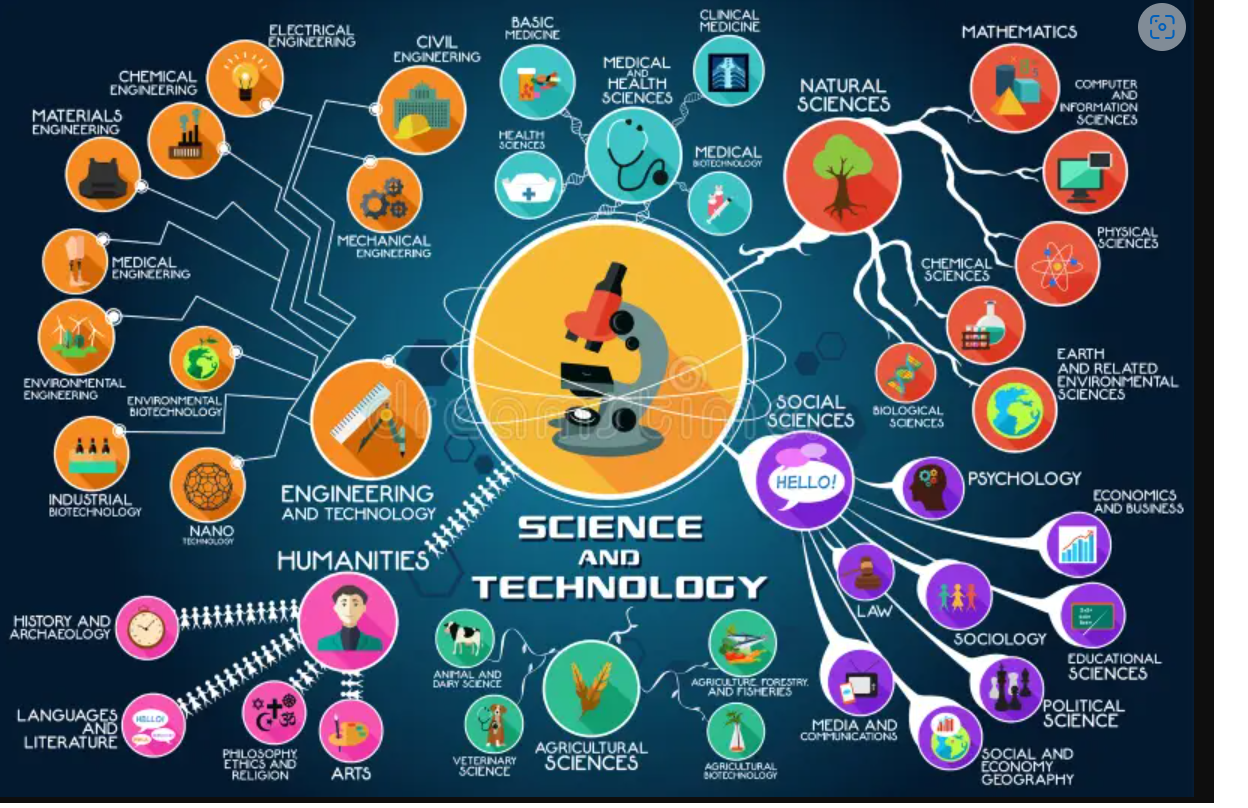This first course, Algebra I, is primarily devoted to harmonizing students’ knowledge at the beginning of their university studies. The initial new concepts are introduced progressively in order to guide students toward more advanced mathematics. The topics covered in this course are fundamental and among the most frequently used in the fields of Science and Technology.
Course content:
Chapter 1: Sets, relations, and applications (mappings)
Chapter 2: Complex numbers
Chapter 3: Vector spaces
- المعلم: SAMIR DJEBBAR
This first course, Analysis I, is primarily devoted to harmonizing students’ knowledge at the beginning of their university studies. The initial new concepts are introduced progressively in order to guide students toward more advanced mathematics. The topics covered in this course are fundamental and among the most frequently used in the fields of Science and Technology.
Chapter 1: The set of real numbers ℝ
Chapter 2: Sequences of real numbers
Chapter 3: Real functions of one real variable
Chapter 4: Finite (Taylor) expansions
Chapter 5: Simple integrals
- المعلم: SAMIR DJEBBAR

The academic module offers broad definitions for careers in science and technology. One such definition describes an engineer as someone who can convert scientific ideas and concepts into instruments and systems that improve people's lives.
It highlights how crucial it is to find efficient solutions to challenging issues pertaining to design, production, and implementation. An engineer must have technical, economic, social, and humanitarian understanding, international language abilities, and on-the-job experience. Professionals in the engineering field are employed in diverse industries and areas, such as information technology and electronics, mechanical, civil, and business engineering.
- المعلم: Youcef GUERMIT